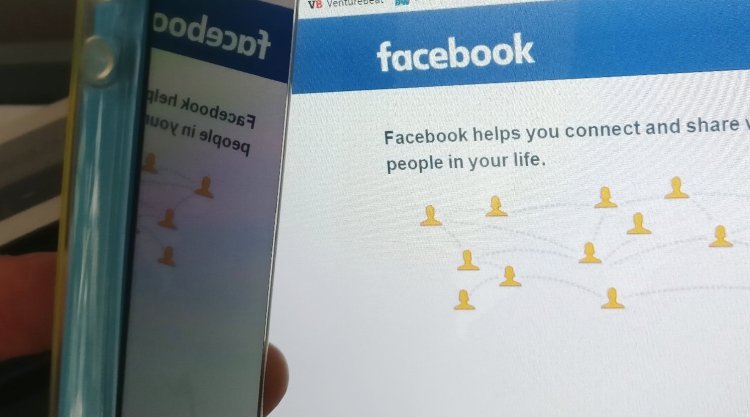Facebook is introducing new user controls and features to manage political advertisements but will do nothing to stop micro-targeting, and politicians can continue to say what they like without fear of fact-checking.
The social networking giant sparked controversy last year when it revealed that it would exclude political advertising from its fact-checking program. Twitter capitalized on this fallout by stating that it would ban political advertising altogether, while Google revealed it would ban election ads that micro-target voters based on political affiliations. As the U.S. enters an election year, Facebook has announced various initiatives to combat misinformation, and just this week the company said it would remove certain deepfake videos from its platform if it believes the average user would be duped.
Despite growing pressure from lawmakers around the world, Facebook has now confirmed that it will neither curb micro-targeted advertising nor prevent political bodies from making false claims. Instead, it’s pitching more “transparency” and control as the answer.
“There has been much debate in recent months about political advertising online and the different approaches that companies have chosen to take,” noted Facebook’s director of product management, Rob Leathern, in a blog post. “While Twitter has chosen to block political ads and Google has chosen to limit the targeting of political ads, we are choosing to expand transparency and give more controls to people when it comes to political ads.”
June 5th: The AI Audit in NYC
Join us next week in NYC to engage with top executive leaders, delving into strategies for auditing AI models to ensure fairness, optimal performance, and ethical compliance across diverse organizations. Secure your attendance for this exclusive invite-only event.
See less
For those who would rather use Facebook or Instagram for their originally intended purposes — e.g. connecting with friends and family and sharing photos of that fancy meal — Facebook said it will expand its existing ad preference settings to enable users to see fewer political and social issue ads. This is similar to what Facebook already does with other topics.
Elsewhere, Facebook said it’s expanding the functionality of its ad library to show more information about how politicians are targeting advertisements. Facebook first launched its political ad archive in May 2018 to allow any interested individual or organization (e.g. a journalist or political rival) access to information about who is advertising on Facebook and their intended target. Moving forward, this database will include more filters and search features, including the ability to search for ads with very precise phrases; by target audience size, dates, and regions reached; and more.
“This will allow for more efficient and effective research for voters, academics, or journalists using these features,” Leathern said.
Additionally, the database will allow users to view audience size by potential reach, defined as the “estimated target audience size for each political, electoral, or social issue ad.”
Curiously, users will also be able to view ads they have been prevented from seeing. Advertisers can create custom audience lists that exclude certain people from seeing the ads, and a new control coming out later this month will let users add themselves to that custom audience list to see particular ads, or remove themselves if they’re already on the list. This won’t be limited to political or social issue ads — it will apply to all advertisers.
“Over the past several months, we have spoken to dozens of political campaigns, activists, NGOs, nonprofits, and volunteers about our policies for political ads,” Leathern added. “Two themes we heard were that first, people want more transparency over who is using ads to try to influence voters, and second, they want more control over the ads they see.”
Profiteering
For most people, these changes don’t begin to address the fundamental problem at the heart of political advertising on Facebook. The concern isn’t so much around control or transparency, it’s that Facebook is profiting from allowing politicians to say whatever they want without any fact-checking constraints. Facebook said it considered going down Google’s route in terms of limiting the micro-targeting of ads, but it decided not to, as this would impact all manner of organizations — from NGOs to nonprofits with political affiliations.
What Facebook said it’s ultimately looking for is regulations that stipulate what online companies can and can’t allow, thus removing the burden (and blame) from individual platforms.
“In the absence of regulation, Facebook and other companies are left to design their own policies,” Leathern continued. “We have based ours on the principle that people should be able to hear from those who wish to lead them, warts and all, and that what they say should be scrutinized and debated in public. Ultimately, we don’t think decisions about political ads should be made by private companies, which is why we are arguing for regulation that would apply across the industry.”


